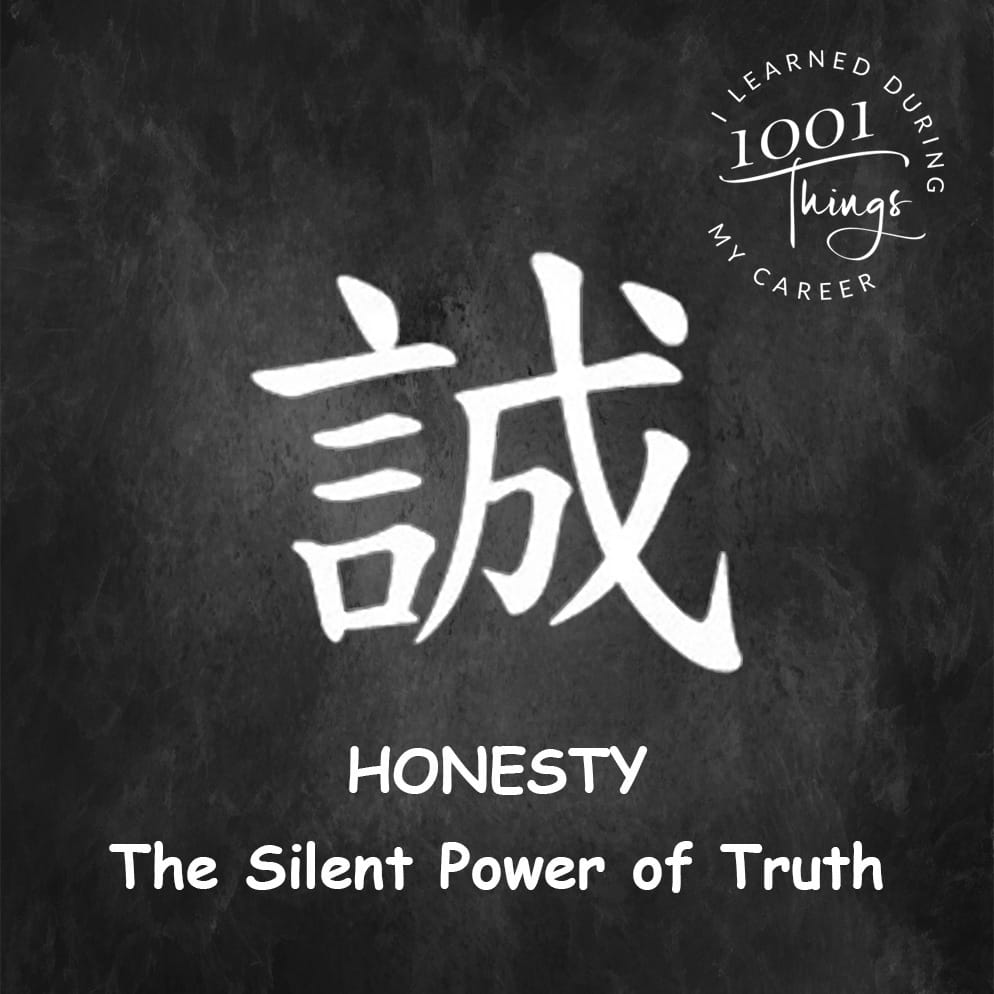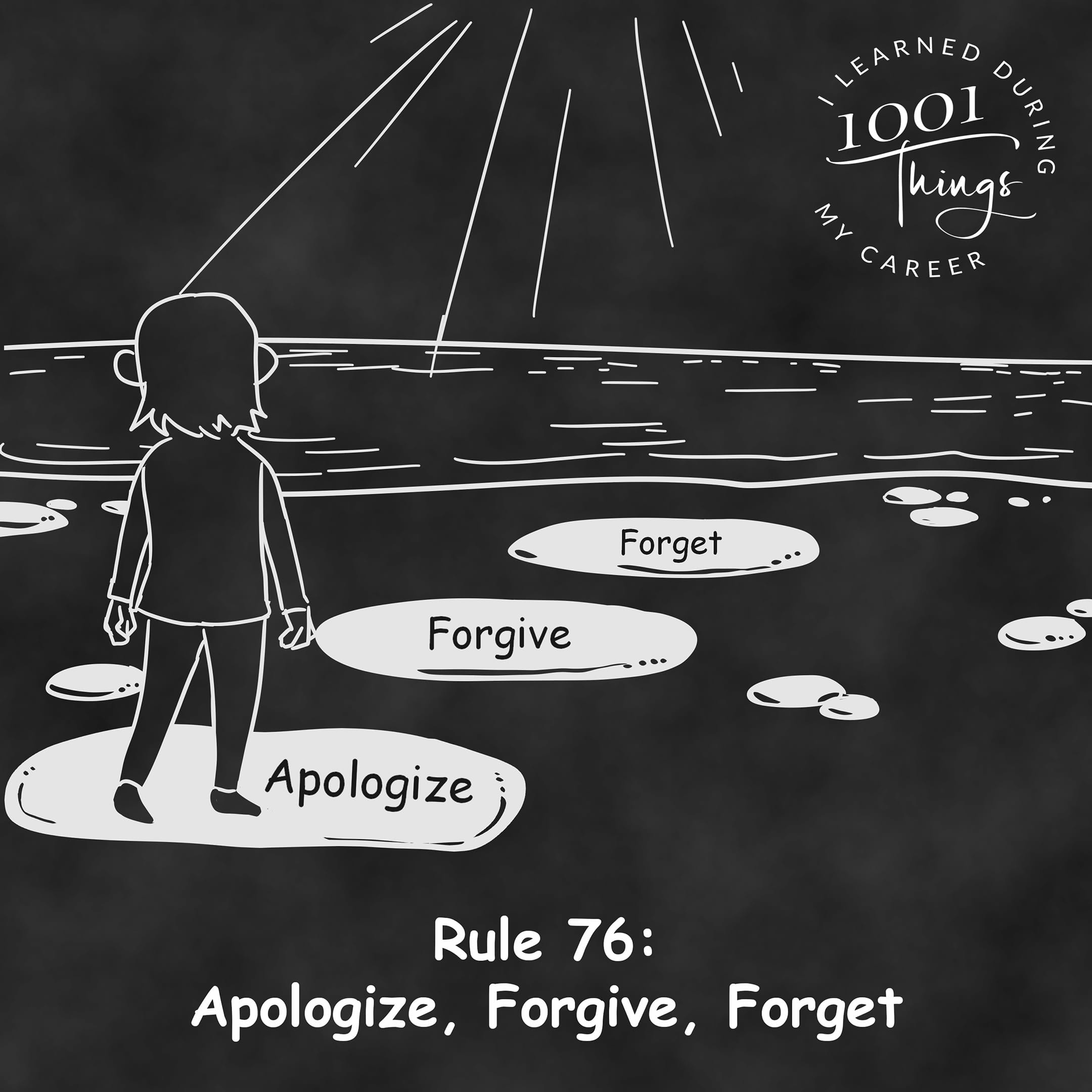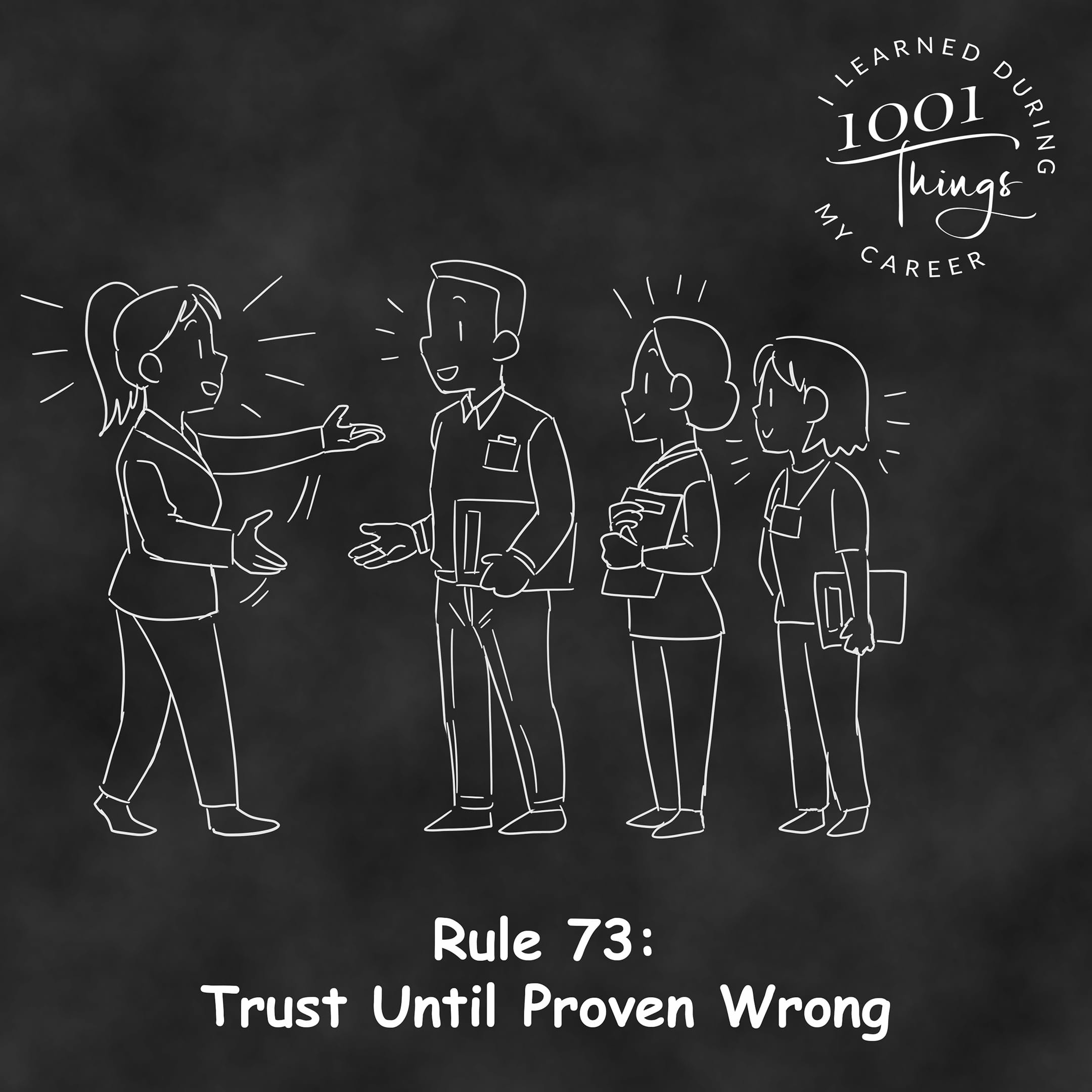Honesty is the bedrock of trust in leadership. In Bushido, Makoto (誠) represents truthfulness and sincerity in both words and actions. The Samurai believed that one’s word should be as binding as a written contract – without deception or half-truths. They lived by a code where dishonesty was not just frowned upon but seen as a disgrace to one’s name and legacy.
Leaders who are honest foster transparency, create open dialogue, and build unshakable credibility. Employees and teams thrive in an environment where the truth is valued, and feedback is genuine. When honesty is prioritized, difficult conversations become productive discussions, and trust within teams deepens. Without honesty, trust erodes, and collaboration suffers. Organizations without a culture of honesty usually face inefficiency, discontent, and ethical failures.
Consider Warren Buffett, who has consistently led with honesty in his business dealings, emphasizing ethical investment practices and straightforward communication. His transparency with shareholders has made Berkshire Hathaway a model of corporate integrity. Buffett has often stated that “honesty is a very expensive gift; don’t expect it from cheap people,” reinforcing the value of truth in leadership. His unwavering commitment to honesty has allowed his company to sustain long-term trust from investors and the public.
In politics, Theodore Roosevelt was known for his “straight talk” approach, refusing to dodge hard truths, even when they were unpopular. His commitment to honesty earned him respect across party lines and cemented his reputation as a leader who placed the nation’s well-being above political convenience. Roosevelt’s “Square Deal” philosophy reflected his belief that honest leadership meant ensuring fairness and integrity for all.
As you reflect on Makato, ask yourself:
- Am I truthful, even when it’s uncomfortable?
- Do I communicate openly with my team?
- Do I uphold honesty as a core leadership value?
Honesty in leadership is about more than just telling the truth – it’s about ensuring that one’s words and actions align, creating an atmosphere of integrity and trust. Leaders who embrace honesty inspire others to do the same, fostering a culture of openness, accountability, and mutual respect. In the end, honesty is not just a virtue – it is the foundation of authentic and ethical leadership.





